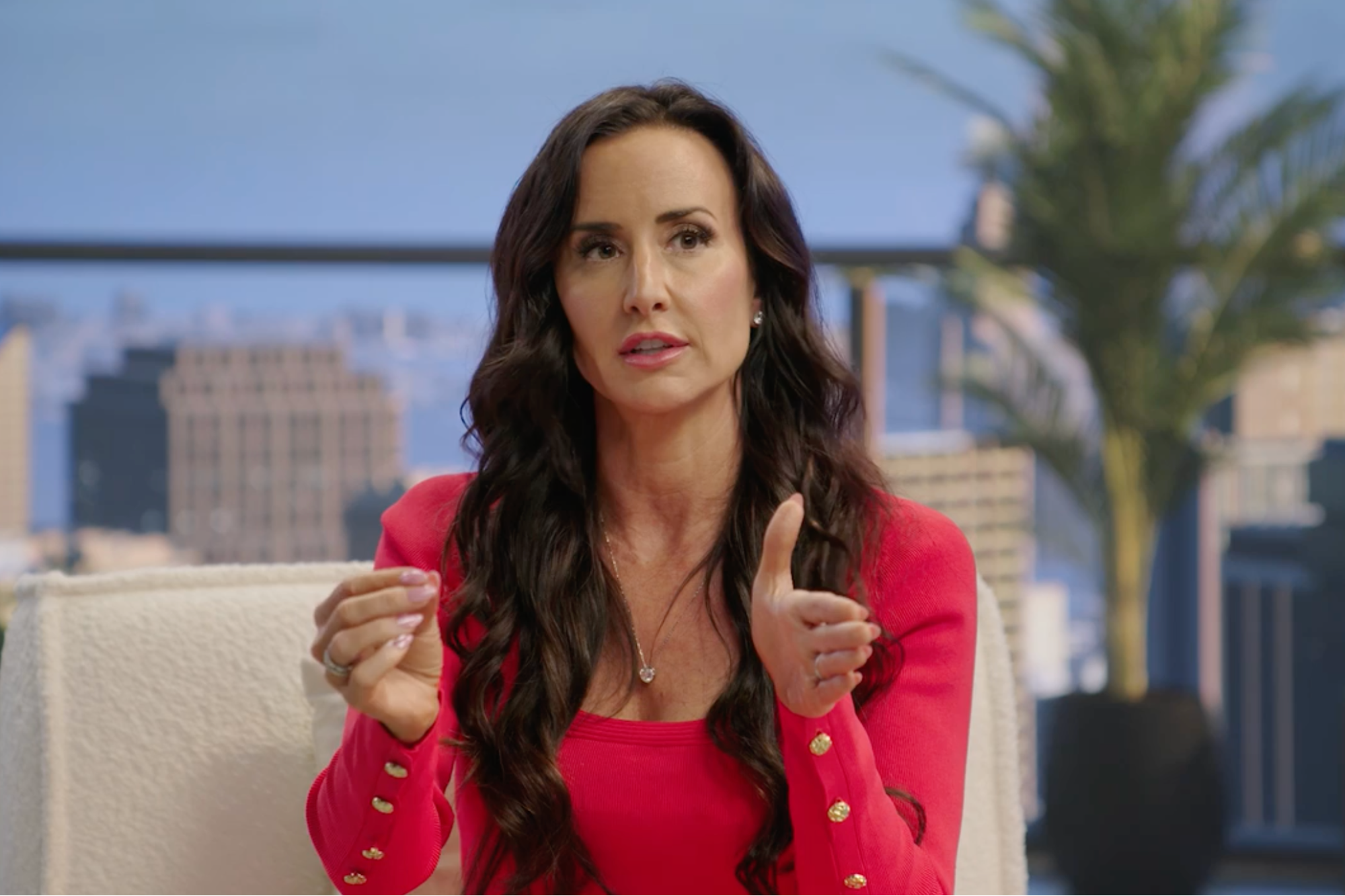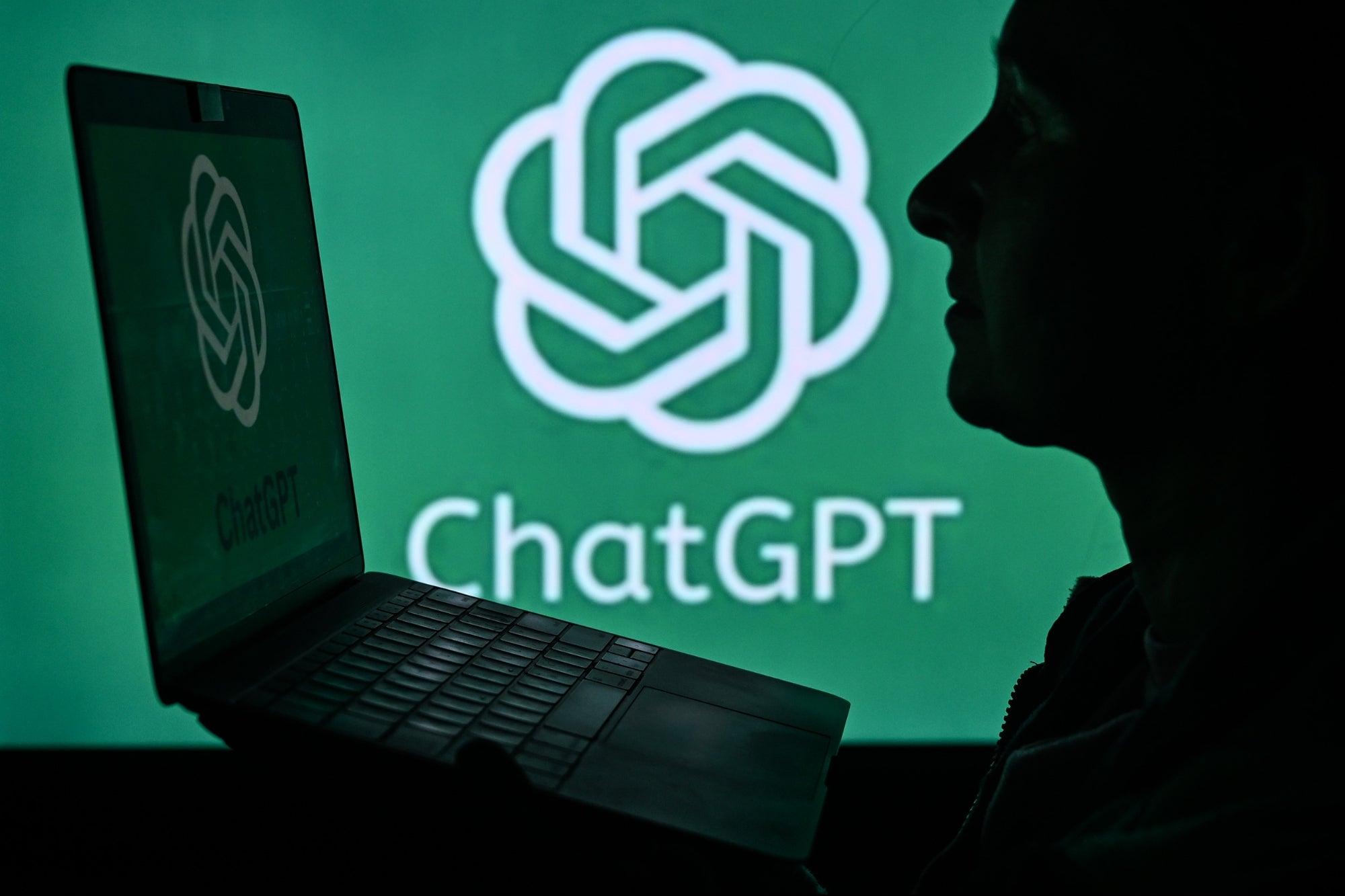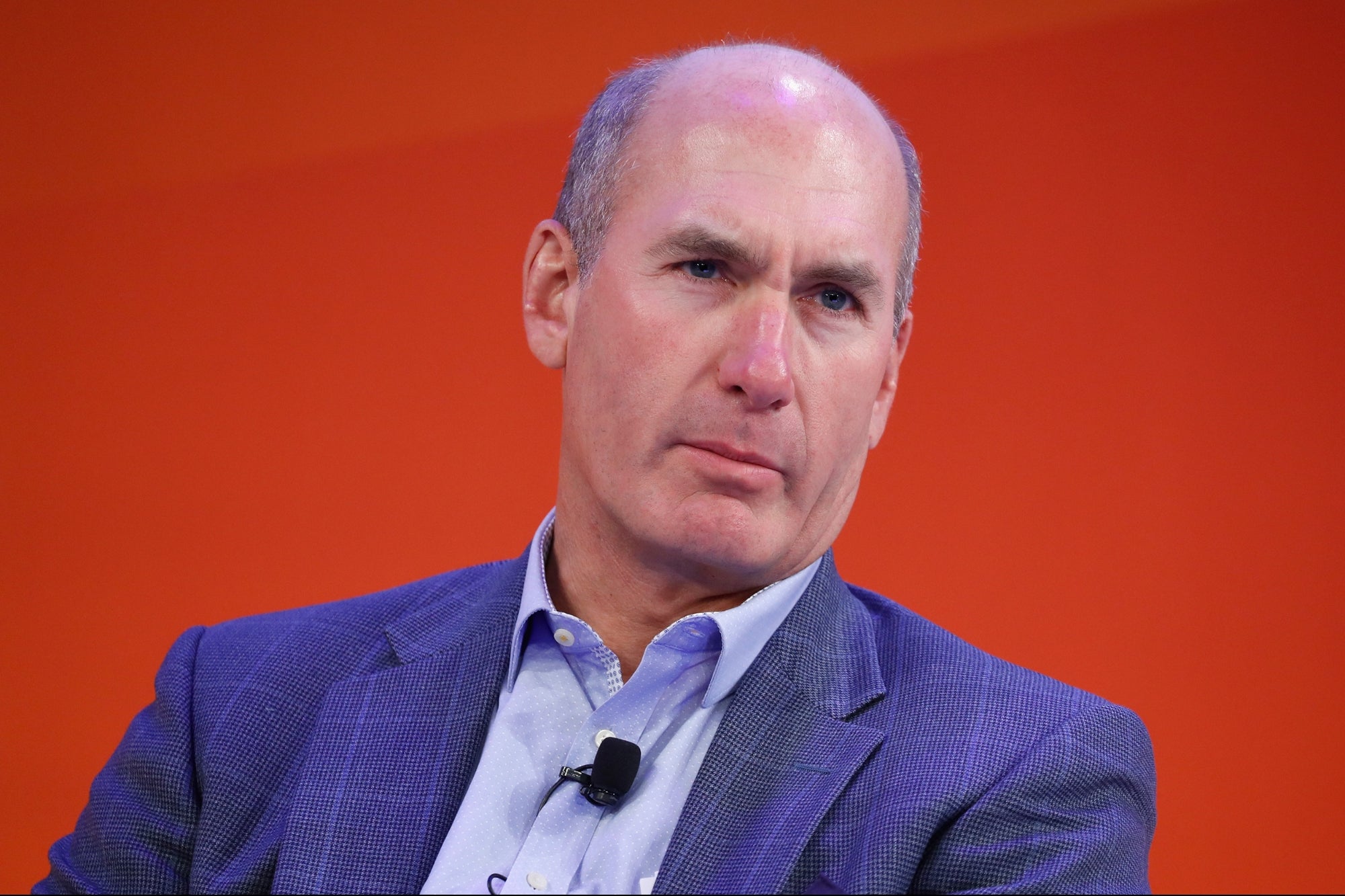'Our Product Works Too Well.' Dr. Drew and Kim Perell Advise a Founder on How to Fix Her Customer Retention Problem Get lessons in leadership and setting boundaries from renowned health expert Dr. Drew Pinsky and serial investor Kim Perell on this episode of Entrepreneur Therapy.
By David James Edited by Dan Bova
Key Takeaways
- Amy Beckley, founder of Proov, opens up about the challenge of building a recurring revenue model for a product that works so well
- Dr. Drew explores how partnerships could help the business grow beyond fertility tests
- Kim Perell shares how to say no when you suffer from a disease to please
Amy Beckley, a Ph.D scientist, faced fertility and miscarriage problems due to low levels of the hormone progesterone. After hitting dead ends with traditional fertility tracking, she created Proov, the first FDA-cleared at-home test that helps women track their fertility hormones using a simple urine strip and mobile app.
The product worked. Maybe a little too well. The typical customer only sticks around for two months.
"We make really effective products that help couples get pregnant," Amy told Dr. Drew Pinsky and Kim Perell on Entrepreneur Therapy, presented by Amazon Business. "Sometimes we get them pregnant too fast, which is great for being a human and for helping people. But not so great for business."
So, how does she build customer retention when the very nature of her product means customers no longer need it? Dr. Drew suggests extending the care journey beyond fertility testing. "You need either a partner or something in there so we can actually take care of these problems you're identifying," he says, referencing the perimenopausal issues her customers face that may require ongoing support through supplements, therapeutics, or other interventions.
Related: 5 Proven Strategies for Retaining Your Best Customers
Perell agrees with the direction, but suggests starting low and going slow. "Don't try to do a lot of partnerships," she says. "Focus on one to two that will have the most value for your business right now."
Amy admits that customer retention isn't her only challenge. She talks about her difficulty creating emotional boundaries as the founder of a small company with a deeply personal mission.
"When I was building the company," she says, "my friends would tell me, 'If this business fails, it's because you're too nice.' I tend to trust people. I genuinely want to help them, and I give people a lot of chances. That can be really detrimental to the business."
Dr. Drew relates. "I suffer from the same affliction," he says. "You're someone—like me—who experiences yourself through other people. So if we get a lot of negative stuff back, it really gets in. Perell calls this "the disease to please."
Their solution? Setting emotional boundaries and reframing decisions in a way that centers on the business, rather than the individual. Perell encourages Amy to ask herself, Is this in the best interest of the company? "Sometimes that means making uncomfortable choices," she warns.
But she has a solution for easing the blow when she has to say no. Blame the board. "It takes the pressure off the conversation," she says. "You're not saying no because you don't care; you're saying no because you have a bigger responsibility."
It's advice Amy clearly values. "That was amazing," she says at the end of the session. "They had really, really good advice."
Watch the episode to learn more about Amy's challenges and the advice Dr. Drew and Perrell give to scale her business.
Entrepreneur Therapy is presented by Amazon Business. Smart business buying starts with Amazon Business. Learn more.















